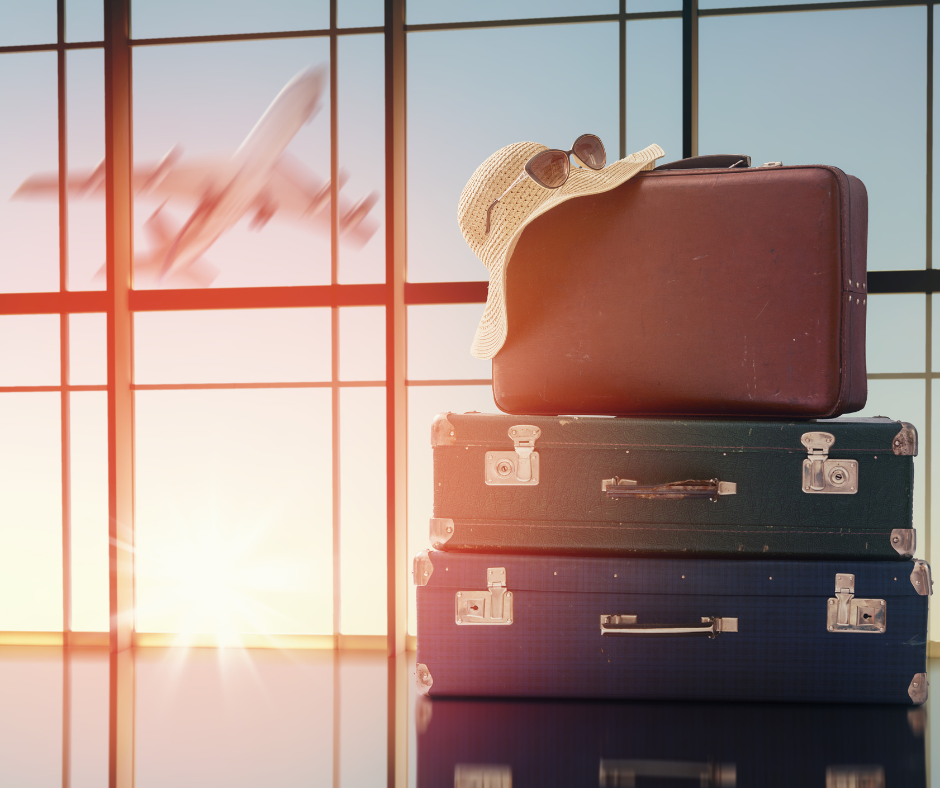Introduction
There’s something profoundly transformative about stepping out of one’s comfort zone and setting foot in a new land. Traveling is more than just moving from one place to another—it’s a journey of the mind, the heart, and the soul. From ancient nomads who wandered in search of survival to modern explorers who chase experiences, the human urge to travel is deeply psychological. It’s wired into our very DNA—a desire to explore, to learn, and to belong to something bigger than ourselves.
The Deep Psychology Behind the Desire to Travel
At its core, the psychology of traveling is about freedom, discovery, and connection. The moment you decide to travel, your brain starts to release dopamine—the “feel-good” hormone that rewards exploration and curiosity. Psychologists call this phenomenon “novelty seeking”, a trait strongly linked with happiness and resilience.
When we travel, we momentarily break free from routine. Our surroundings change, our habits shift, and our minds open. This mental reset allows creativity to flourish, empathy to grow, and emotional intelligence to strengthen. It’s no wonder that so many entrepreneurs, leaders, and thinkers find inspiration while traveling.
Travel as Therapy: Healing Through Movement
Traveling can also be a powerful form of therapy. Studies show that being in a new environment can significantly reduce stress, anxiety, and depression. The mind, when exposed to beauty and diversity, reconnects with peace and purpose.
Whether it’s the calm of the mountains, the rhythm of ocean waves, or the energy of a new city—travel heals. It teaches us mindfulness by drawing our attention to the present moment. Every scent, every sound, every smile from a stranger becomes a lesson in humanity.
The Emotional Science of New Experiences
Our brains crave new experiences because they stimulate neuroplasticity—the ability of the brain to rewire and grow. When we travel, we constantly adapt to new stimuli, languages, and customs. This mental flexibility not only boosts our mood but also enhances problem-solving skills and creativity.
It’s no coincidence that many successful innovators credit their travels for their visionary ideas. Exposure to different cultures broadens perspectives, helping people see possibilities rather than limitations. In essence, traveling trains the brain to think differently.
Travel, Identity, and Self-Discovery
Perhaps one of the most powerful aspects of travel is how it shapes our identity. Being in unfamiliar environments forces us to reflect on who we are and what truly matters. Away from societal expectations, we begin to reconnect with our authentic selves.
For many, traveling is not an escape—it’s a return to the essence of being alive. The solitude of a journey allows us to listen to our inner voice, gain clarity, and find direction. It’s in the quiet moments—watching a sunrise or walking through ancient streets—that we often rediscover purpose.
Cultural Exchange: The Bridge to Global Understanding
In a world increasingly divided by borders, beliefs, and biases, travel becomes a bridge. It fosters empathy and respect for diversity. Meeting people from different cultures challenges stereotypes and expands our worldview. We start to realize that, despite our differences, human emotions are universal—love, fear, hope, and joy unite us all.
This realization is powerful—it transforms how we interact, lead, and contribute to the world. Traveling makes us global citizens, capable of understanding, compassion, and collaboration.
Why You Should Pack Your Bags Now
The psychology behind traveling teaches one undeniable truth: staying still limits growth. The more you explore, the more you evolve. Waiting for the “perfect time” to travel is an illusion—the perfect time is now.
Travel doesn’t have to be extravagant. Sometimes, it’s a walk in a new park, a visit to a nearby town, or an adventure abroad. Every journey—big or small—adds a new chapter to your life story.
So, pack your curiosity. Take your courage. Go somewhere new. Because when you travel, you don’t just discover the world—you discover yourself.
Conclusion
Travel is a form of education, meditation, and transformation. It teaches lessons no classroom ever could. It reminds us that humanity is diverse yet deeply connected. The psychology behind traveling is not about escaping life—it’s about living it more fully.
In every journey, there’s growth. In every destination, there’s a reflection of who we can become. The only question is: Where will your next journey take you?

